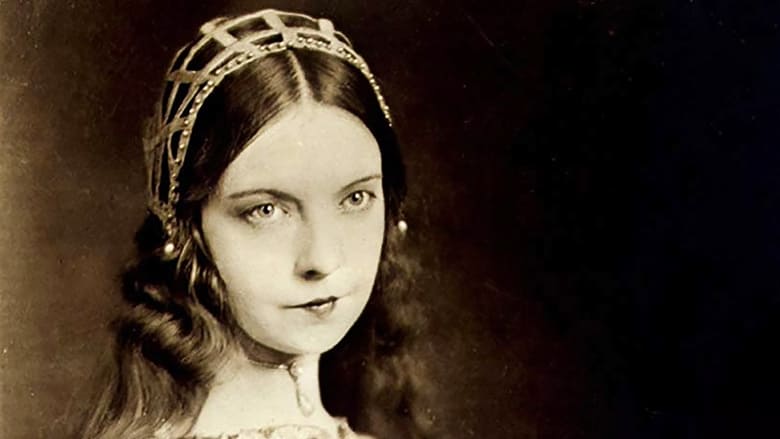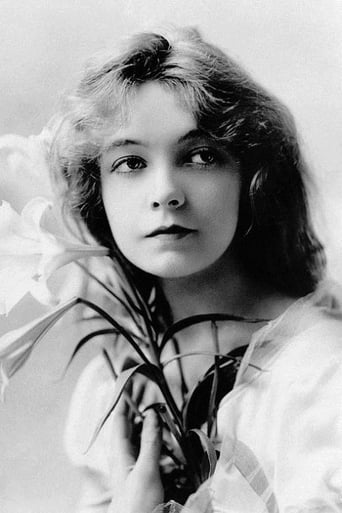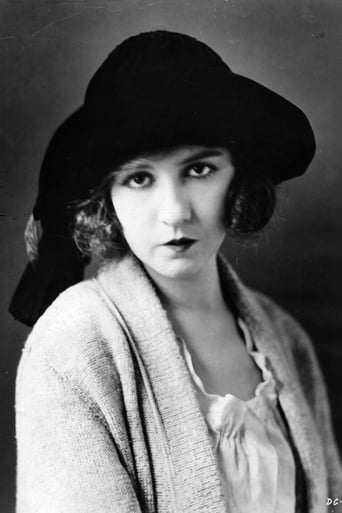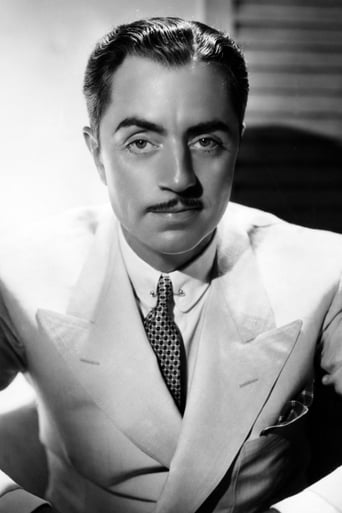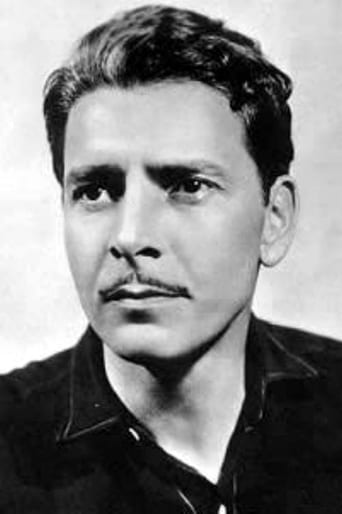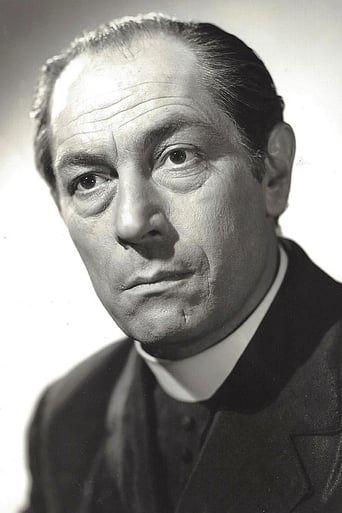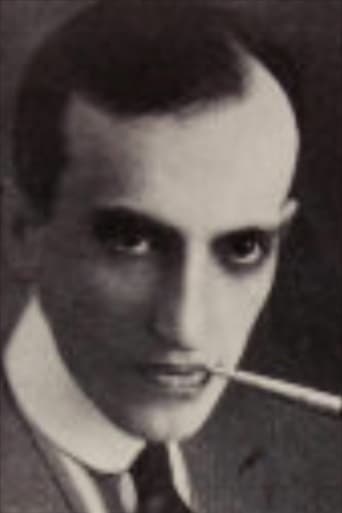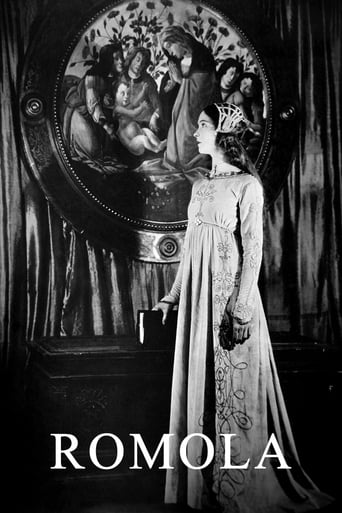
Romola
December. 06,1924 NRIn Renaissance Florence, a Florentine trader meets a shipwrecked stranger, who introduces himself as Tito Melema, a young Italianate-Greek scholar. Tito becomes acquainted with several other Florentines, including Nello the barber and a young girl named Tessa. He is also introduced to a blind scholar named Bardo de' Bardi, and his daughter Romola. As Tito becomes settled in Florence, assisting Bardo with classical studies, he falls in love with Romola.
Similar titles
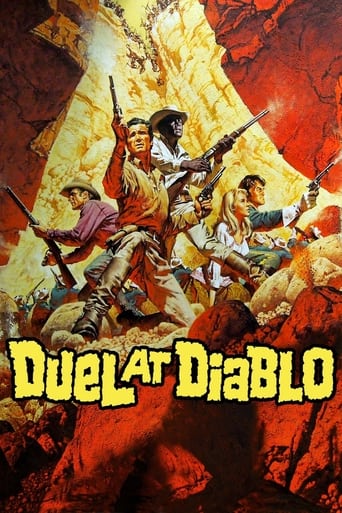

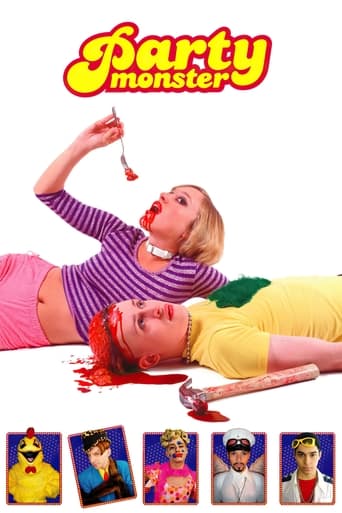

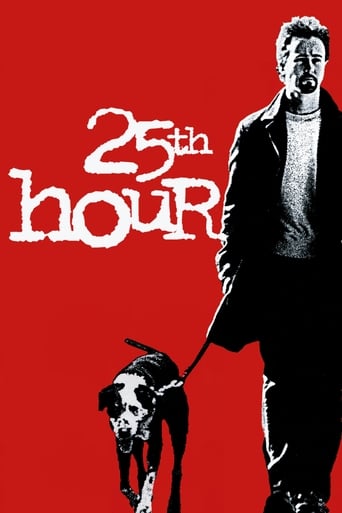
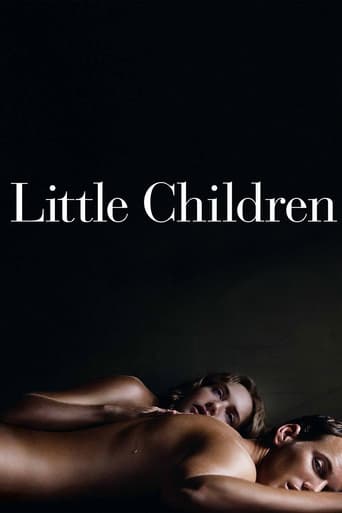
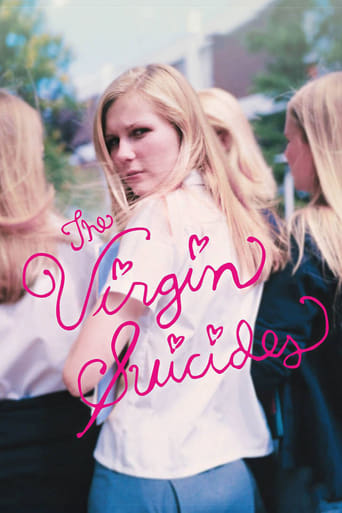
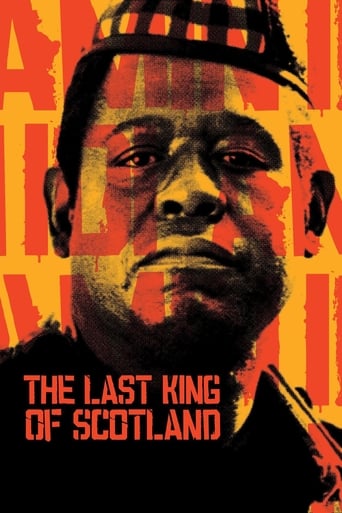
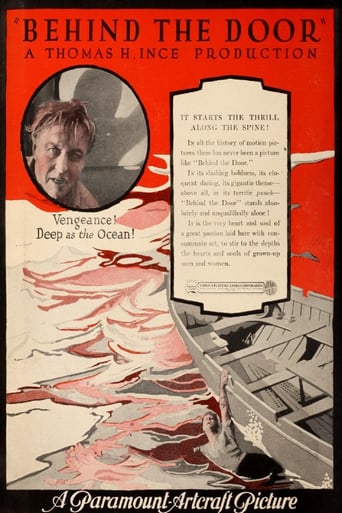
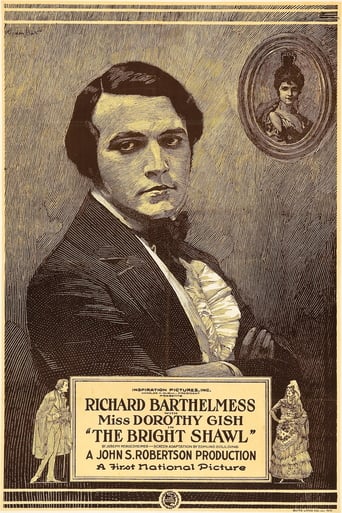
Reviews
Excellent but underrated film
Admirable film.
It is neither dumb nor smart enough to be fun, and spends way too much time with its boring human characters.
Actress is magnificent and exudes a hypnotic screen presence in this affecting drama.
Adaptations of novels made up a large proportion of motion pictures in the 20s, as the medium of cinema began to see itself as continually more prestigious and legitimate. The trouble is they were still figuring things out when it came to translating from one narrative form to another. Romola is taken from a novel by the brilliant 19th century author George Elliot, and her work is typically rich in character detail and interwoven subplot. However this movie version pares the story down to a basic melodrama, with a handful of simple characters flitting from one plot point to the next. As if to compensate, the action is peppered with lengthy title cards, which while they preserve little snatches of the original text, break up the flow of visual storytelling.But all is not lost. The language of images was well developed in Hollywood. Romola's director is Henry King – not a well-remembered figure, although he ought to be. King's shots are consistently stylish, and he has a good handling of space and framing. Take for example when Dorothy Gish is abandoned amid the festivities after her sham wedding. We see a close-up of her, distraught, while the dancing revellers around her make a wild, blurry backdrop – far more effective than some expressionistic process shot, because it is realistic as well as evocative of mood. But what was really King's greatest strength at this point was the slow, methodical performing he encouraged from his cast. It is this that really brings out all those layers of character that are missing from the screenplay. Look at the scene in which Lillian Gish gives the ring to her father to examine. The camera is simply held in mid-shot as the old man turns it over in his hands, and so much more comes out of that moment as a result. And the strength of the mise-en-scene is proved as for some key scenes those pesky intertitles disappear altogether – such as when Powell proposes to Lillian. It's a pity so few directors these days are bold enough to simply performances play out like that.And this approach really suits star Lillian Gish. After parting ways with her old mentor D.W. Griffith she briefly formed a production company with King and, while it's rarely acknowledged, she did some of her best work with in their handful of pictures together. In an age when overt mugging and gesture were the norm, Gish is beautifully subtle, the emotions drifting across her face like clouds across the sun. The villainous turn from William Powell is also nicely understated. Powell is probably better remembered for the series of jolly father-figures he played in the sound era, but as a young man his thin lips and piercing eyes marked him down a bad guy. But here he refuses to live up to the stereotype, portraying Tito as a villain by his deeds and not by his mannerisms. There are some nice touches from even the smallest parts in Romola, and it is generally very well cast. The only disappointment is ironically Gish's younger sister Dorothy, who up to this point had mainly been confined to comedy shorts. She seems never to have learnt the subtlety that Lillian mastered, and for someone designated a comedienne she isn't actually very good at being funny either.There was never really much hope that this production could capture the depth or sensitivity of a George Elliot novel, but it at least has a grace of its own that is very cinematic. If its makers had only cut down further on text and allowed the images and performers even more free reign, they would have moved it further from text-based narrative but they would also have captured just a little more of the spirit of the original. After all, well-written prose should conjure up strong images in the mind of a reader, and visual storytelling is not necessarily contrary to telling stories with words.
"He is the traitor of traitors -- the liar of liars --"A mysterious stranger appears in 15th Century Florence and overturns the apple cart. Tito (William Powell) presents an outward appeal that does not reveal his Machiavellian intentions, as he charms his way into Florentine society.In her second film with director Henry King, Lillian Gish was cast as the title character and moral compass of George Eliot's mid-Victorian novel, a tale of social, cultural and religious upheaval set in Renaissance Italy. Sister Dorothy once again played a mirror opposite, the dark-eyed, simple-minded street urchin Tessa, who virtually steals the show. Considered a "prestige" film by it's newly incorporated distributor MGM, Romola made extensive use of exceptionally beautiful locations in and around Florence, with flocks of birds and a host of eager, well costumed Italian extras, masterfully arranged and photographed by King. The oddly altered scenario, typical of Hollywood, is a staid but entertaining reinterpretation of Eliot's Bonfire of The Vanities.Notes on the noteworthy Tessa's introduction is particularly lovely, as Tito wakes her with a kiss on the nose. They later share a beautiful scene on the banks of the Arno with the Ponte Vecchio in the background. While Eliot incorporated actual events into her novel, this fast and loose re-write may confuse history buffs. Without giving away too much, it seems screenwriter Will M. Ritchey has juggled the idea of several events, while significantly altered, to create a spectacular ending. King went to great lengths, making full use of the location, from expertly framed scenes with the Duomo prominently displayed as the background, to numerous side streets and country lanes. One shot of a large crowd passing through an arch with the dome behind them as a flock of birds fly past overhead is absolutely breathtaking!
During the early silent cinema history, historic or costume films were in fashion among audiences around the world; people liked very much to watch all those dressed up characters playing epic adventures and recreating historical events through times in old Europe.Herr Henry King directed "Romola" in the silent year of 1924 just after the excellent "The White Sister" which was filmed entirely in Italy as was "Romola", so the Amerikan director thought that for the cost of one film, why not to have two?... And of course staying in Italy provided more time for producers and cast to be tourists through the beautiful capital city of the region of Tuscany, Florence and surroundings.The story is set in Florence when the splendorous Italian city was ruled by the Medici, that is to say, it's a tale of ambition, political intrigues along with a love story and images of the beautiful city. Unfortunately, "Romola" is not a very inspired work; a very strange case this because with such elements and the Medici's spirit around, Herr King should have made a more interesting oeuvre. On the contrary, "Romola" is a wizened film, older in style than the Medicis themselves.The most interesting aspect of the film are the actresses and actors. The Gish sisters have the leads and, while they are not at their best certainly, it is always a pleasure to watch Dame Lillian and Dorothy playing their conventional heroines so common in these historical productions. As for the actors, well, to watch Herr William Powell and Herr Ronald Colman wearing those unbecoming hairdos together with stretched tights without losing their dignity is a very remarkable and important event in itself, ja wohl And now, if you'll allow me, I must temporarily take my leave because this German Count must try to cram his plump Teutonic body into one of those fashionable tights.Herr Graf Ferdinand Von Galitzien http://ferdinandvongalitzien.blogspot.com/
In Florence, Italy, during the Renaissance, Lillian Gish (as Romola) lives with her blind father Bonaventura Ibáñez (as Bardo Bardi), who is a friend of Savonarola, Michelangelo, and Leonardo da Vinci. Although they are not too wealthy, the Bardis have one of the world's best libraries. Young sculptor Ronald Colman (as Carlo Bucellini) is interested in the lovely Lillian, but she is interested in more scholarly pursuits; this makes her an easy mark for shipwrecked sham scholar William Powell (as Tito Melema). Before Mr. Powell cleans up for his meeting with Lillian, he meets simple street maid Dorothy Gish (as Tessa). Dorothy is quite taken with the dashing Powell; then, so is Lillian. Can he marry them both? Henry King's "Romola" makes a fine silent film, thanks to lavish location production values, and a winning cast. The title notwithstanding, the film focuses on the intermarrying three characters played by Lillian Gish, William Powell, and Dorothy Gish. Close to the film's end, the three have some great on screen conflict time together; and, Lillian performs a cathartic moment exceptionally well. An exciting ending follows. Curiously, Powell's "Tito" character seems to be the story's main protagonist, arguably, until the end; surely, the original George Eliot novel was more focused on "Romola".
Top Streaming Movies











